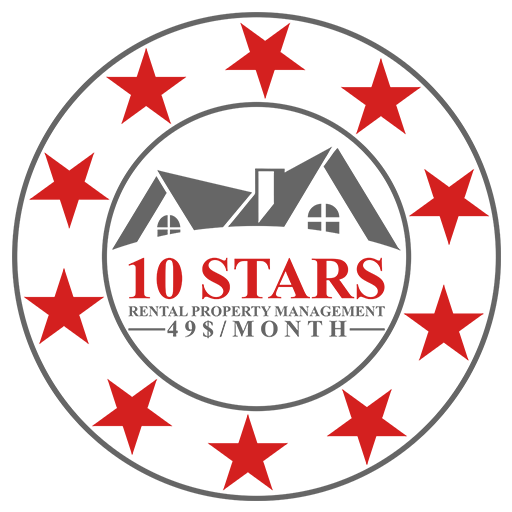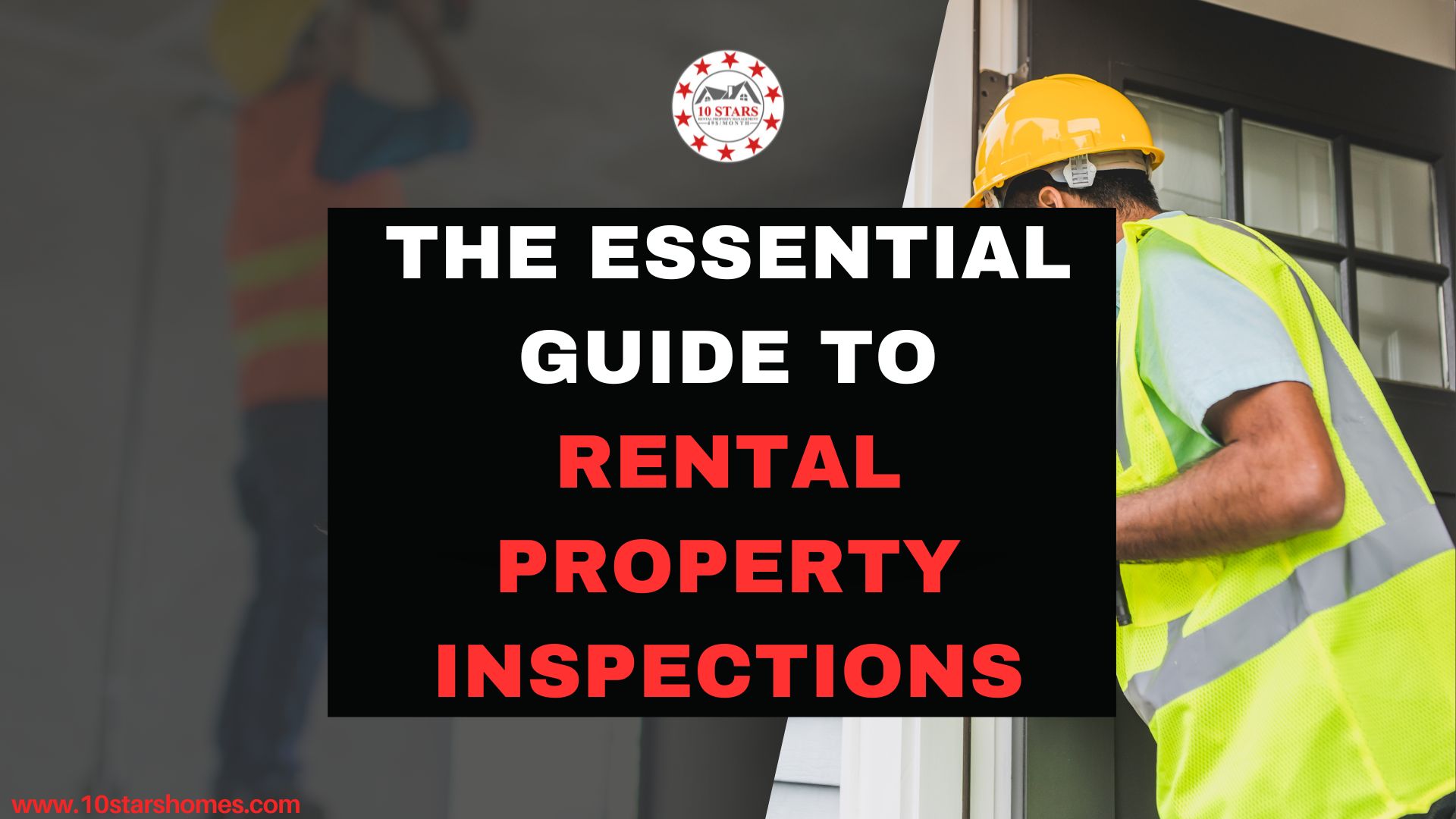Property management is the process of overseeing and maintaining a property, whether it be a commercial building, a residential complex, or a vacation rental. It involves a wide range of tasks, including marketing and leasing the property, collecting rent, handling maintenance and repairs, and ensuring compliance with laws and regulations. Here are a few key considerations for anyone thinking about entering the field of property management:
- Know the local laws and regulations: Different areas have different laws and regulations governing property management, so it’s important to familiarize yourself with the specific rules and regulations in your area. This may include zoning laws, building codes, and health and safety regulations.
- Develop strong communication skills: Effective communication is crucial in property management. You’ll need to be able to communicate with a wide range of people, including tenants, contractors, and other parties involved in the management of the property. It’s important to be clear, responsive, and open to feedback in order to ensure a positive experience for all parties.
- Understand the importance of marketing and leasing: In order to attract and retain tenants, it’s important to have a strong marketing and leasing strategy in place. This may involve creating listings, advertising the property, and showing it to potential tenants. It’s also important to have a clear lease agreement in place that outlines the terms and conditions of the rental.
- Learn how to handle maintenance and repairs: Property management involves overseeing the maintenance and repair of the property. This may include handling routine tasks like mowing the lawn or changing light bulbs, as well as coordinating with contractors for larger repairs. It’s important to be proactive in addressing maintenance issues in order to keep the property in good condition.
- Be prepared for emergency situations: Emergencies can arise at any time, and it’s important to have a plan in place for handling them. This may include having a list of emergency contractors, a stockpile of supplies, and a clear communication plan.
- Know how to collect rent: Rent collection is a key part of property management, and it’s important to have a system in place for this. Some options include setting up automatic payments, using online payment portals, or collecting rent in person. Whatever method you choose, it’s important to be consistent and ensure that rent is collected on time.
Overall, property management requires a wide range of skills and knowledge, from understanding local laws and regulations to handling maintenance and emergencies. By being prepared and staying organized, you can successfully manage any property.





